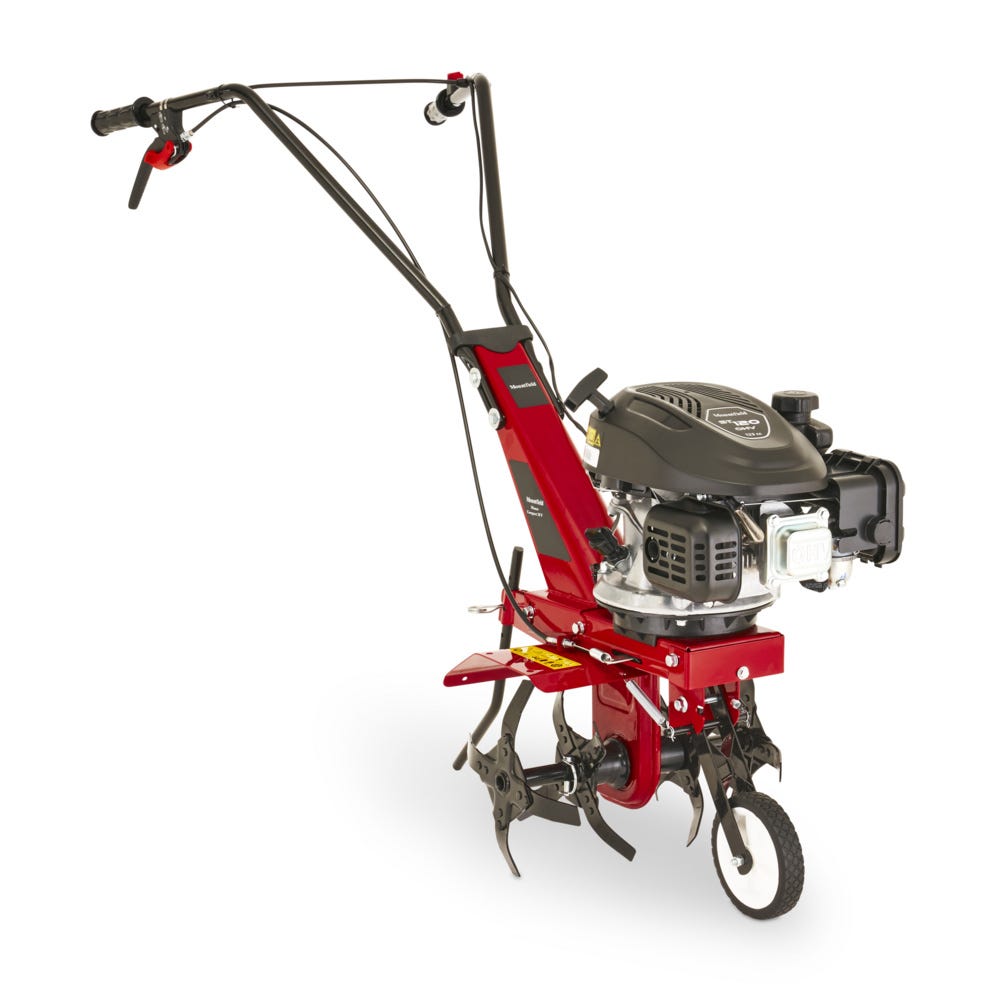.png)
The benefits to those who get out in the fresh air and enjoy gardening are well researched now, and there is boundless proof that working in your allotment can help both with physical and mental wellbeing.
The social positive aspect of allotments can be seen especially in those who suffer from loneliness. Many friendships are forged with other like-minded people who enjoy growing their own produce, and many picnics and shindigs on allotments are seen all over the country!
The fresh air, exercise and feeling of achievement blend together to offer a real sense of wellbeing which is good for your soul, body and sense of worth.
With this in mind, and if you are a newbie to allotment life, just what is the best way to get started? Here are some tips…
How do you get an allotment plot?
Contact your local council and ask for a list of allotment plots and contact details for these in your area. These could also be available on your council’s website. But be warned, there can be a long waiting list!
Grow your own - Getting started
- Soil - Once you secure your allotment, ensure that you have a good soil (soil testing can be a good idea). Ensure that you area is cleared well and dig soil twice, if possible, to catch weed roots and allow air into the ground. Tillers and rotary cultivators can make light work of compacted soil saving you time and effort.
- Layout - Allotments are usually figured out in rows, but quite honestly you should grow crops how you want to. Many people grow flowers that pollinators love in between their fruit and veg crops to aid pollination.
- Grow foods that you LOVE…this way you will enjoy the whole process more, especially when you are starting out. Then when you are more accomplished, try to grow something different or a bit more challenging.
- Be kind to wildlife. Try not to use chemicals on your allotment, instead make use of the very many ways in which you can utilise companion planting to help deter unwelcome little guests. An example is of planting spring onions or some garlic chives amongst your carrots, Carrot Flies do not like anything that smells of onion or garlics.
Growing your own tasty produce is good for you and good for the environment. So why not take the plunge and see about an allotment plot that you and your family can enjoy today!



